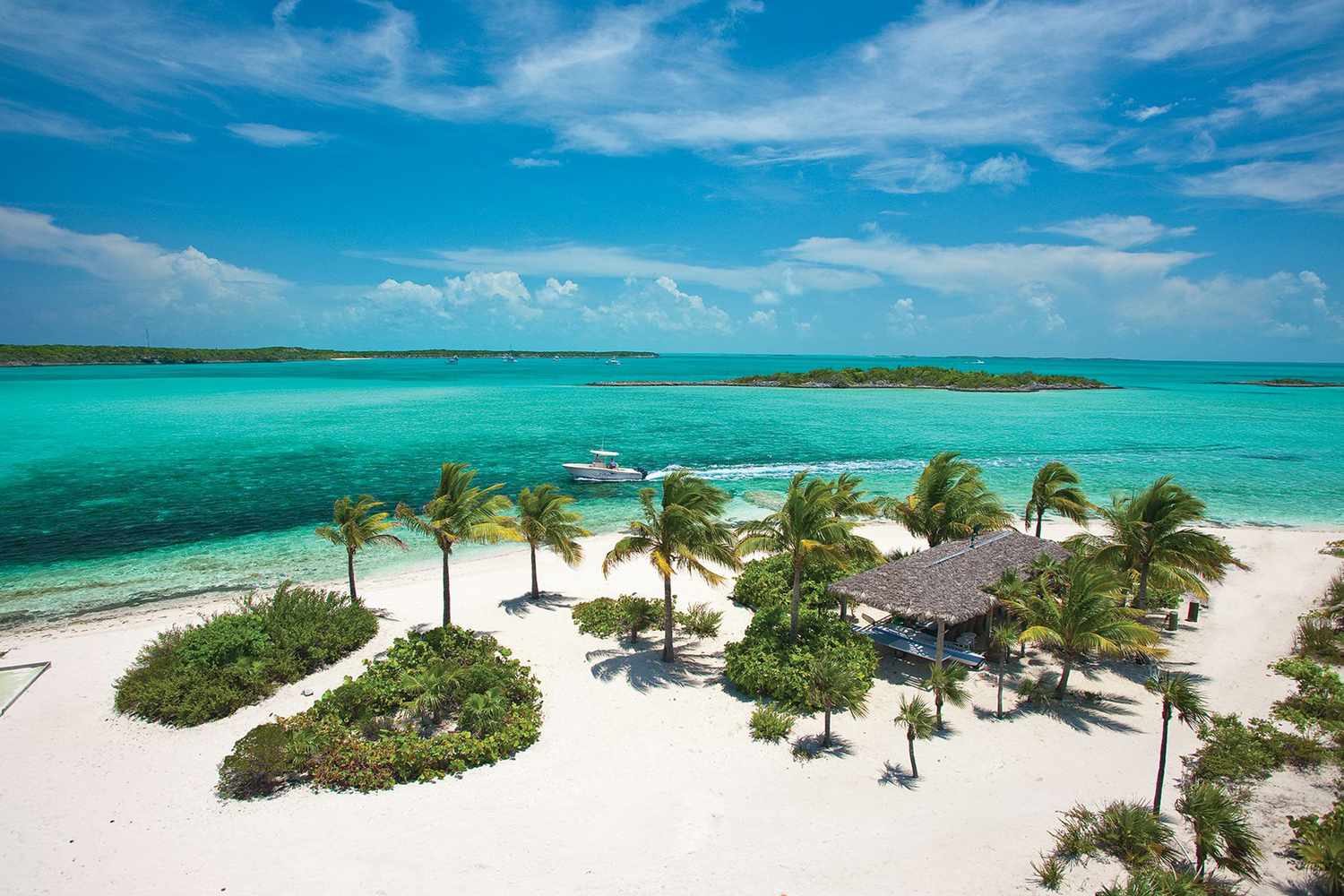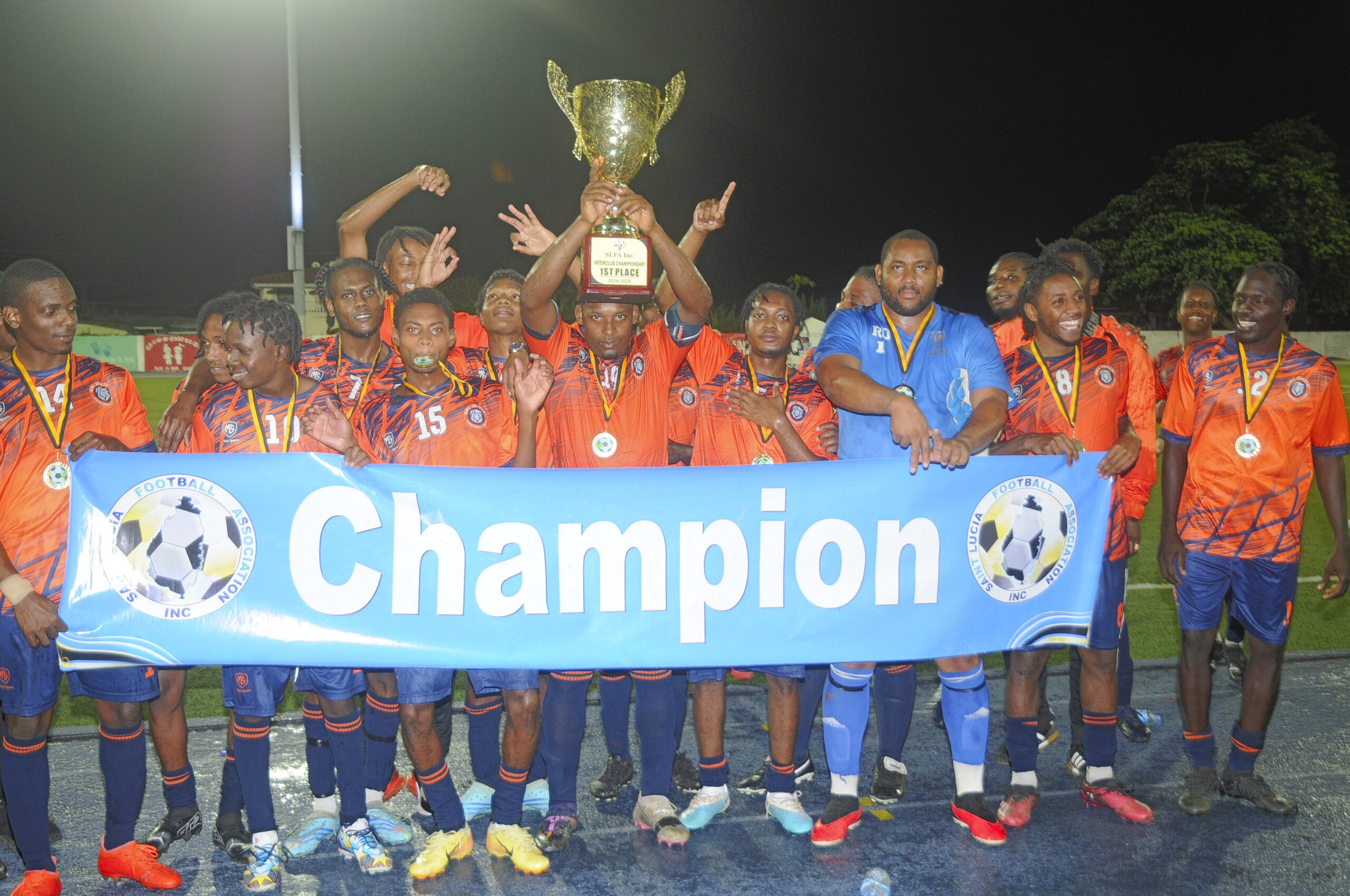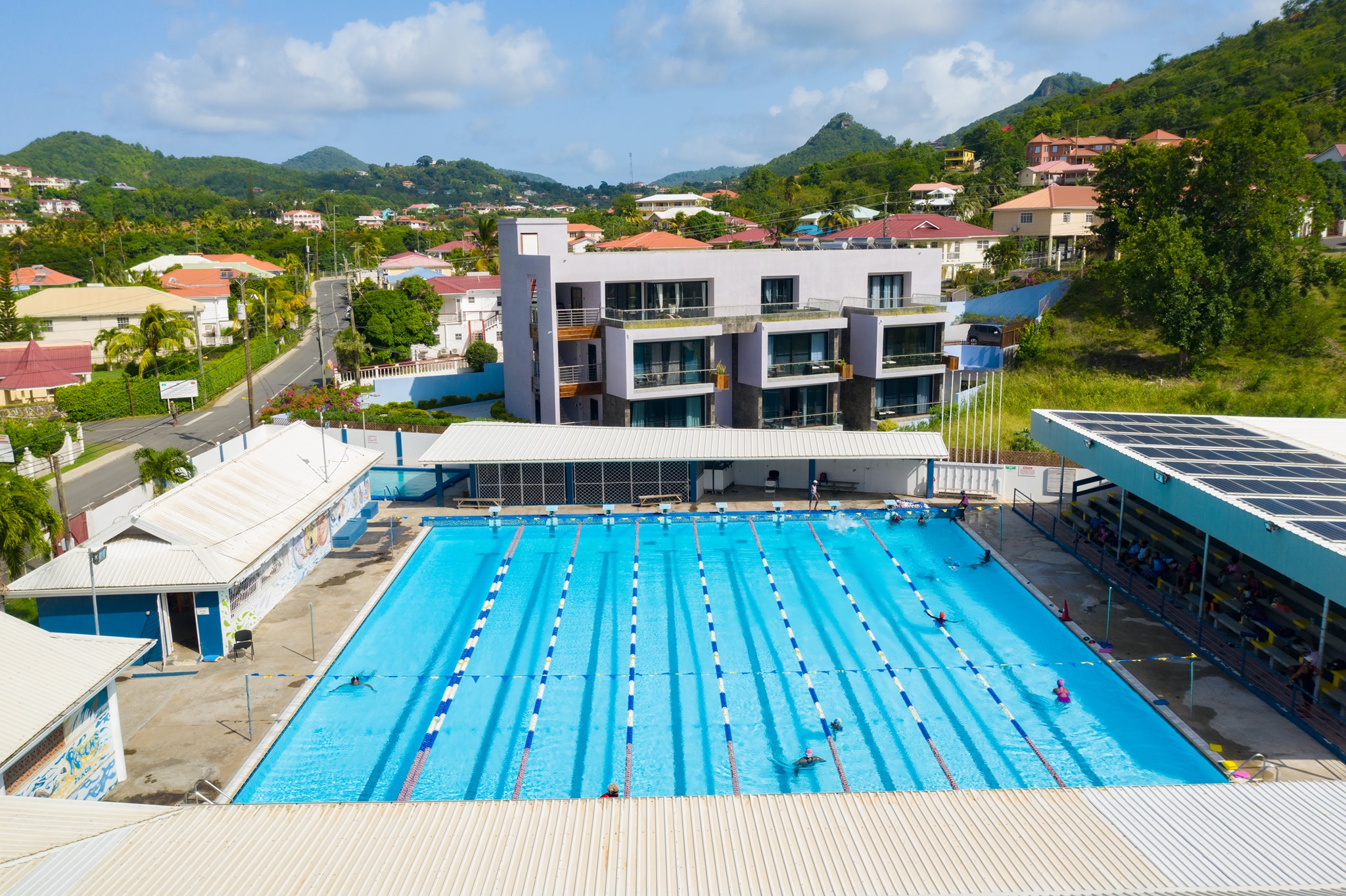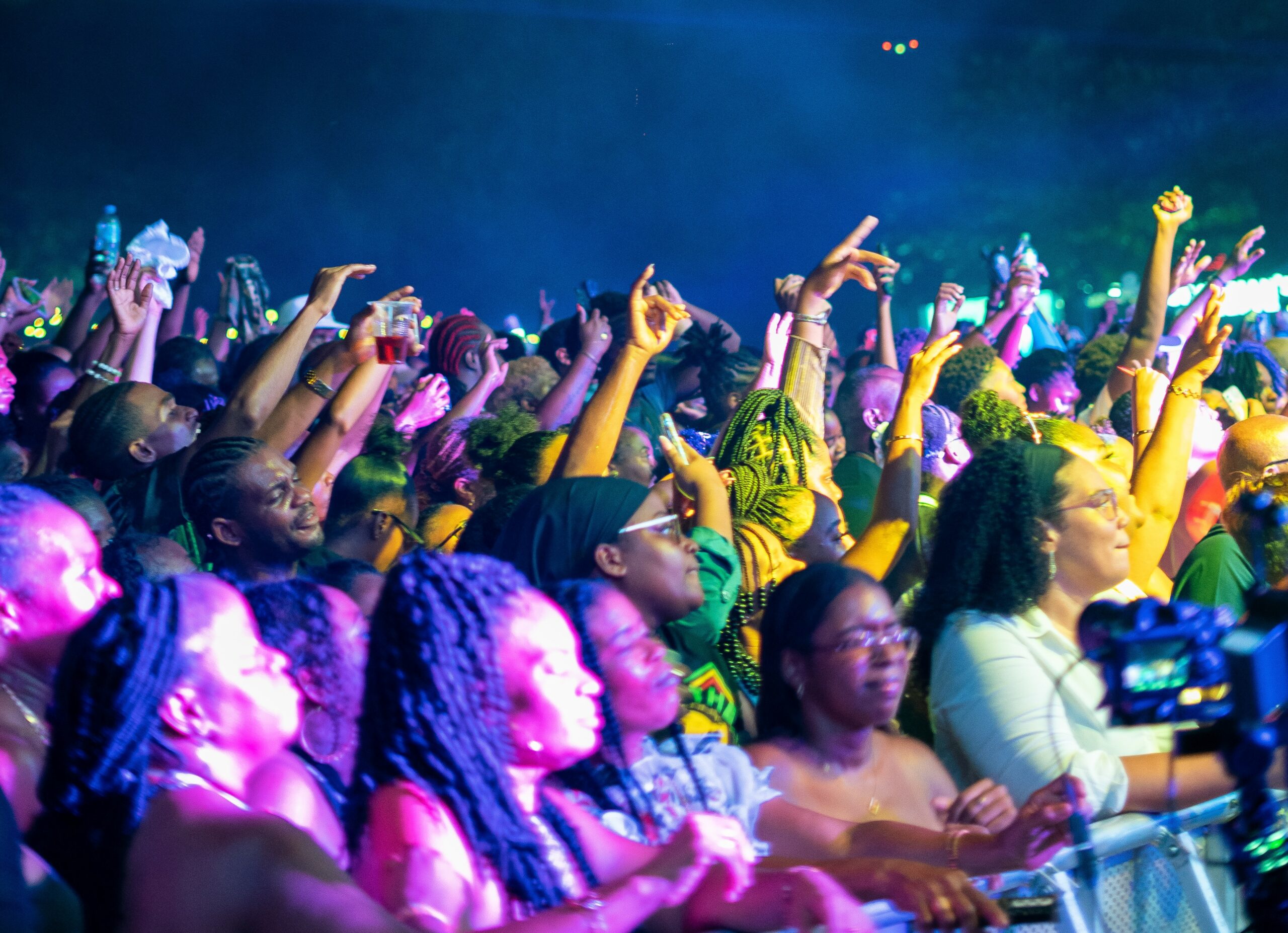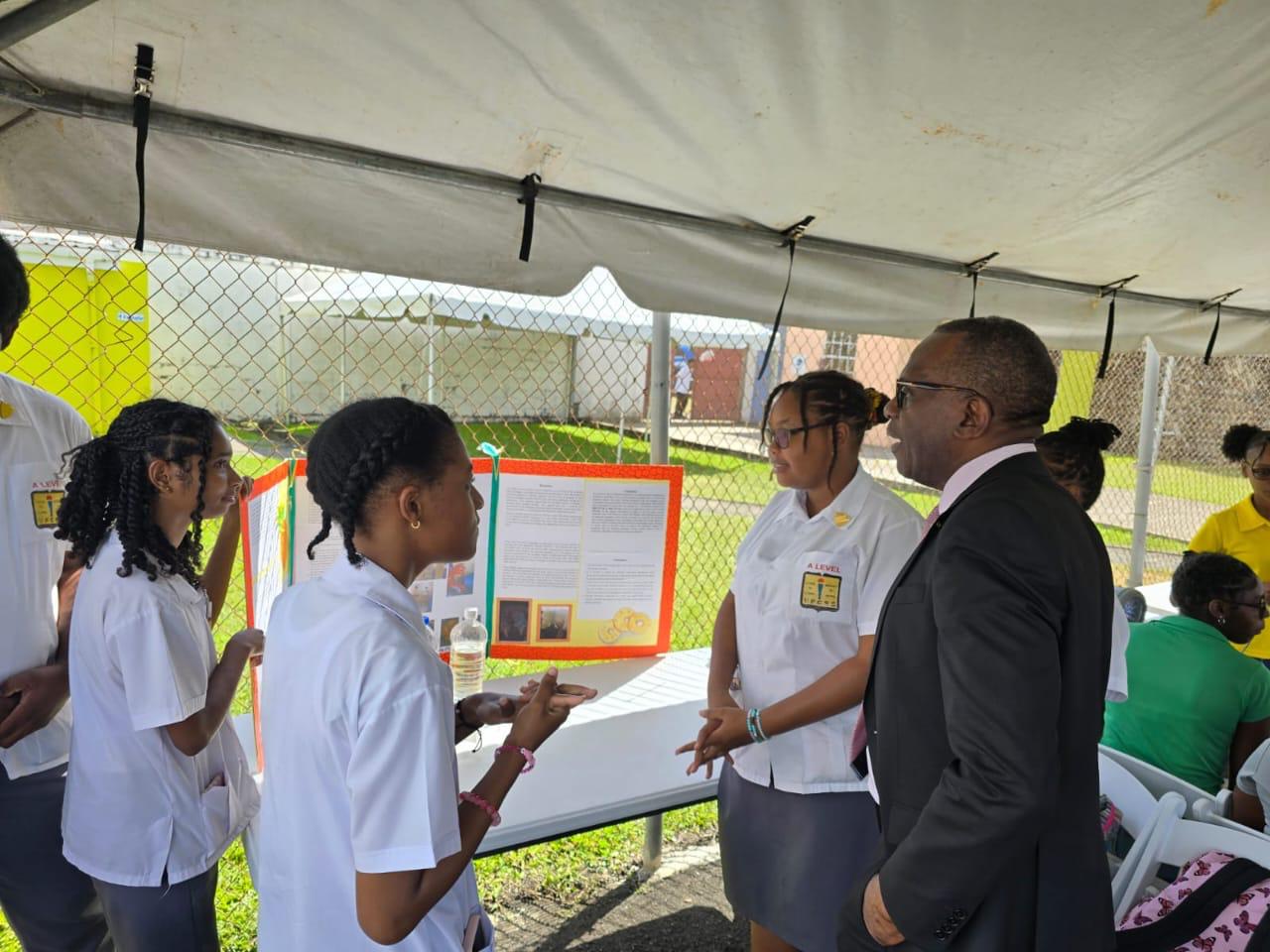

From homemade fertilisers to pineapple-powered water purification, students across Saint Lucia captivated audiences at the 2025 National Schools’ Science and Technology Fair, though questions remain about the future of their creations.
Their groundbreaking projects—ranging from eco-friendly agriculture tools to educational games—left judges and attendees inspired by their creativity and practicality.
Belle Vue Primary’s Homemade Slow-Release Organic Fertiliser demonstrated how low-cost innovation can revive infertile soil and boost crop yields. Meanwhile, a young inventor from Dame Pearlette Louisy Primary wowed crowds with a desalination system designed to provide clean water during droughts—an idea with real potential for drought-affected households.
Other standout projects included:
- “MENTO” by Canon Laurie Anglican Primary – A math-based bingo-style educational game crafted to sharpen mental arithmetic skills. “I can see our innovation being used in everyday life,” students said. “This game can be played at school and even at home. Parents can also create this game to help their child at home.”
- “NumerLitera” by Ciceron Secondary – A self-paced learning programme blending numeracy and literacy through interactive games and videos, tailored even for students with learning challenges. It also supports students with learning difficulties by providing an interactive and accessible way to strengthen their skills, the creators said.
- “Pineapple Purification” by Vieux Fort Comprehensive (6th Form) – A natural wastewater filter using pineapple waste to protect rivers from farm pollution. “We envision this project being integrated into the daily operations of piggeries and other livestock farms near rivers,” explained team members. “By constructing a simple filtration structure filled with our fermented pineapple solution, farmers could purify wastewater from harmful bacteria such as E. coli before it ever enters our rivers.”
Scaling up student ideas
Many projects showed potential for real-world adoption. Low-cost water filters, organic fertilisers and snacks made from local ingredients could transform small farms and kitchens—if given the right support.
The Pineapple Purification team has already caught the attention of environmental groups, while others hope for partnerships. “We believe NumerLitera has the potential to attract interest from educational institutions, technology firms, and literacy advocacy groups,” said a Ciceron teacher. The next goal is to enhance the programme by incorporating voice assistance and additional interactive features.
“The Global Environment Facility has expressed interest in providing assistance to expand the scale of the project, and we also plan to submit a proposal to WASCO and Heineken St Lucia,” the Vieux Fort school reported.
However, some admit hurdles remain, with some of the young innovators about to leave their secondary schools. “Our group members plan to walk quite different paths as we are all graduating, so this project might not be a main priority,” Pineapple Purification team members admitted. “However, we still believe in its benefits and hope that someone may conduct further tests to close the gap between theory and practice.”
Bringing ideas to life
While teachers and officials praised the students’ work, the next step is turning designs into reality. Anya James, a curriculum officer in the Ministry of Education, urged businesses and communities to step in.
“Several projects demonstrated strong potential for wider adoption, particularly those related to sustainable food production,” James said.
“Schools, community groups, and local organisations can work together to pilot these ideas in real-world settings,” she said. “For instance, sustainable agriculture projects could be tested with local farmers, and student-developed computer applications could be introduced in schools to improve learning systems.”
James also acknowledged that collaboration involving the education ministry and other ministries such as agriculture and commerce with private sector partners is essential if the creations are to move beyond the science fair.
For now, the fair’s biggest takeaway was clear: Saint Lucia’s students aren’t just learning about the future—they’re ready to build it.


